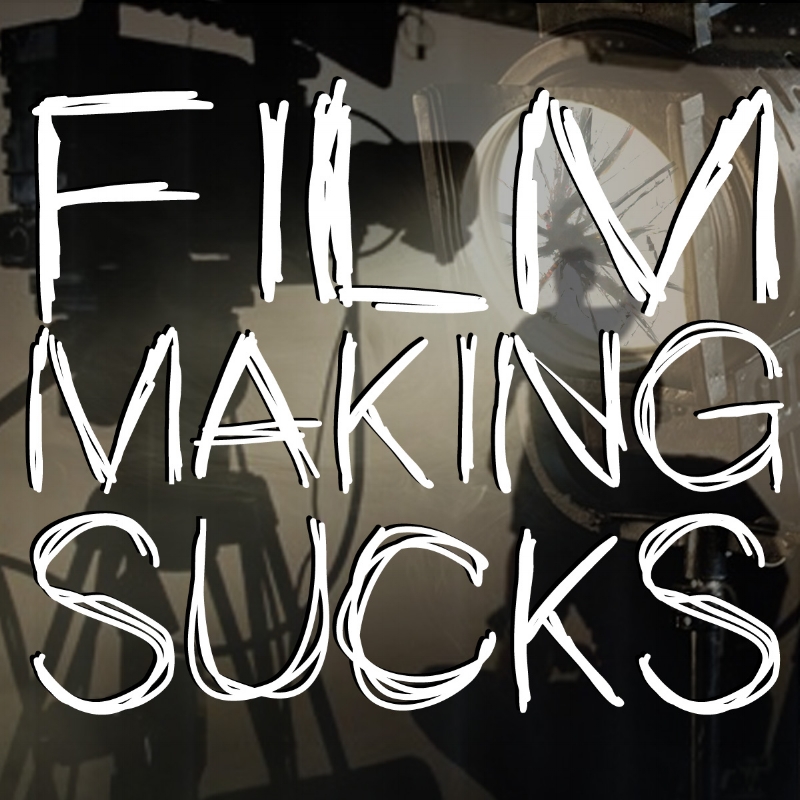How To Network w/Writer-Director Louie Cortes
This week Manny and Lindsay sit down with filmmaker, and long-time collaborator Louie Cortes. Together, the three of us as written, produced and directed our first feature film, Blood Slaughter Massacre, our web-series-turned-featurette, The Attack Of The Brain People, and a number of short films, including Louies' web series Holidays Of Terror. When we began working separately, creatively, Louie produced Good Day with us on crew, and we produced Theta States, with him on crew.
Last week, we discussed how to Micro-Budget your script, and we mentioned how one of the biggest assets in doing low/no budget films is having a crew that you collaborate with regularly. These people will be there on your sets, and you will be on their sets. Rather than you paying them $200 per day, and then they paying you $200 a day right back, you work, indebted to each other, with the combined purpose of getting your projects done and out into the world. All of our films began from simply seeing each other on the subway one day, and talking. That's all there is to networking and building your creative group.
Today we'll discuss the ways we have met the many members of our regular crew, and the multitude of other places you can find filmmakers, actors, and other creatives!
Check out Louies work and films at www.newneedleproductions.com
Subscribe to us on iTunes, Stitcher, YouTube, Google Play, or your favorite podcatching app. And don't forget to rate and review us! Email us at filmmakingsucks@gmail.com with any questions, comments, or subjects you'd like to hear us discuss.
“I think the movie business and film crews are a little bit like the circus, in that we travel around like a pack and we’re a big family for a finite period of time. We roll into someplace, cause a bunch of damage, and then roll out.”













